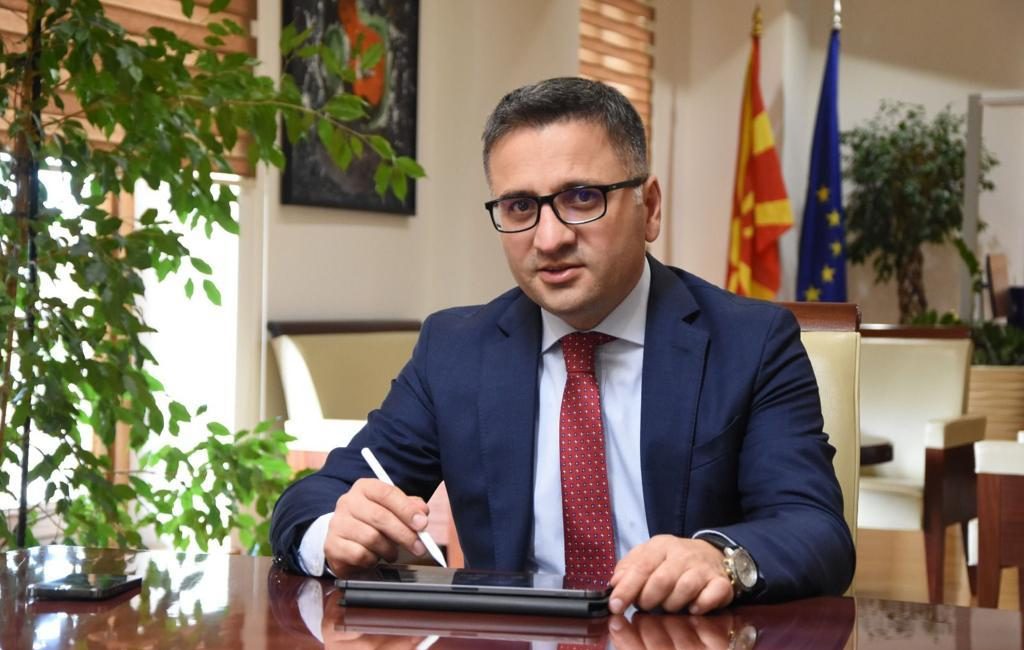12th October 2022, Skopje – As of the onset of the energy and price crisis, the fiscal response of our Government was the strongest in the region, being even multiply stronger compared to the other Western Balkan countries, as noted by the World Bank. However, the measures are only one component in the multi-front battle against this crisis. In addition to the set of anti-crisis measures, measures are being undertaken, aimed at financial sustainability and preserving stability, as well as public finance reforms, which will contribute to improved public finance system, which will boost the growth upon the crisis, as written in the latest column of the Minister of Finance, Fatmir Besimi.

He pointed out that balance should be kept as regards the Government policies, i.e. economic activity, as well as social stability, are to be kept in the positive zone on one hand, with the macroeconomic stability, in terms of debt and inflation, being maintained on the other.
Our fight against the ongoing crisis contains three components. The first one pertains to the ongoing dealing with the crisis and the protection of the most vulnerable groups of citizens and companies, followed by ensuring fiscal sustainability, thus preserving the macroeconomic stability as well, while the third component is related to simultaneous implementation of reforms, while putting a new and improved public finance system in place, which will contribute to accelerated economic growth upon the economic recovery, as Besimi pointed out.
Ministry of Finance indicated that at the onset of the crisis, so as to slowdown the spillovers of the inflationary pressers, measures worth EUR 400 million were undertaken, coupled by the measures foreseen under the Supplementary Budget, as well as the latest set of measures, amounting to EUR 360 million, being presented few days ago.
“Since the onset of the energy and the price crisis, compared to the other Western Balkan countries, our Government responded most vigorously thereto, whereby as per the World Bank Group assessments, the funds intended therefor account for around 5% of GDP. It is a matter of a support in the form of subsidies, social protection, tax exemptions, all this being coupled by the support extended to domestic energy companies. For comparison purposes, such support accounts for 2.5% of GDP in Serbia, around 2.1% in Kosovo, 1.4% in Albania, 0.5% in Bosnia and Herzegovina and 0.1% in Montenegro.
In addition to the anti-crisis measures, in support of the fiscal sustainability, the Government also adopted Fiscal Sustainability and Economic Growth Support Plan, which will provide for reducing the costs of budget users, while improving the budget revenue collection at the same time.
“Plan comprises consolidation of wage expenditures by streamlining, as well as optimizing the public sector employees on the basis of the functional analysis, as well as by reorganizing the way of performing work duties depending on their nature and introducing remote work for up to 30% of the employees, via their rotation, without thereby disrupting the regular operations of the institutions. Furthermore, consolidation of expenditures related to goods and services has also been projected by making savings on overhead and travel costs and office supplies, At the same time, activities will continue to be undertaken, aimed at improving the public revenue collection through further improvement of the tax regulations to the end of optimizing the tax system, as well as strengthening the capacities for public revenue collection, as well as intensified revenue collection from tax and customs debtors”, as Minister of Finance wrote.
















